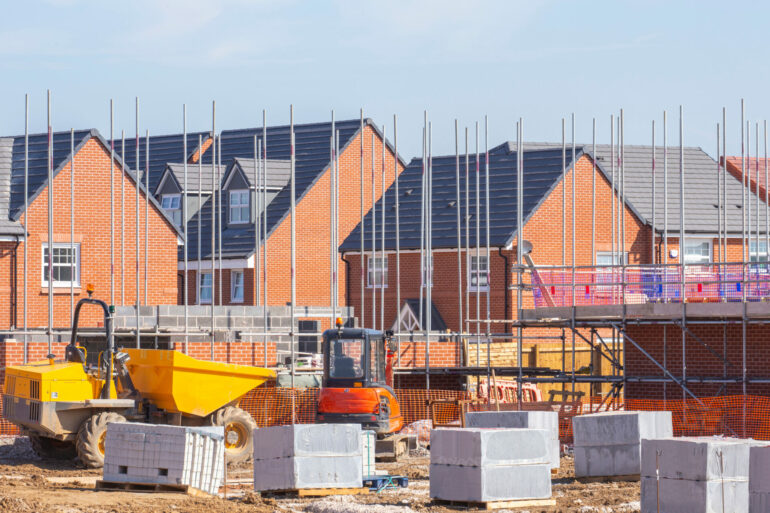Atelier has published a manifesto outlining eight urgent calls for reform to help small and medium-sized (SME) developers build more homes.
This followed discussions with private developers, planning consultants, and valuation and legal experts from We Build, Stancliffe Homes, Iesis Group, Allsop, Hugh James, and Newsteer.
The group concluded that the Government would not meet its target of building 1.5 million new homes in the next five years without solutions to ease the burden on private developers and tackle inconsistencies in decision-making among local authorities.
The manifesto highlighted issues such as the politicisation of planning, extensive bureaucracy, lack of transparency, and the costs associated with delays.
Pointing out that a year’s delay on a £10m project could cost over £1m in extra interest.
The proposed solutions included a cultural shift to take the politics out of planning, setting development targets for planning officers to encourage accountability, and improving transparency in Community Infrastructure Levy (CIL) payments.
The manifesto also called for planning departments to develop briefs based on local needs and for exemptions from Section 106 payments for small schemes.
Chris Gardner, CEO of Atelier, said: “The one stakeholder group that is completely unrepresented in every planning application and approval process is the would-be homeowner.
“The current system neglects the hopeful homeowners across our country.
“Taking a step back, we need to see a transformation in the leadership and culture of the system so that we are once again encouraging development.
“Planning officers need to know that they are supported when they make unpopular decisions.
“If you’re going to build 1.5 million houses you need to be bold, and the Government needs to be driving that from the top.”
Peter Messenger, senior development monitor at Atelier, said: “The lack of transparency from local authorities in the processing of CIL and Section 106 agreements drives a wedge between developers and local communities.
“Smaller schemes should be allowed exemptions from such onerous and costly mechanisms.”



